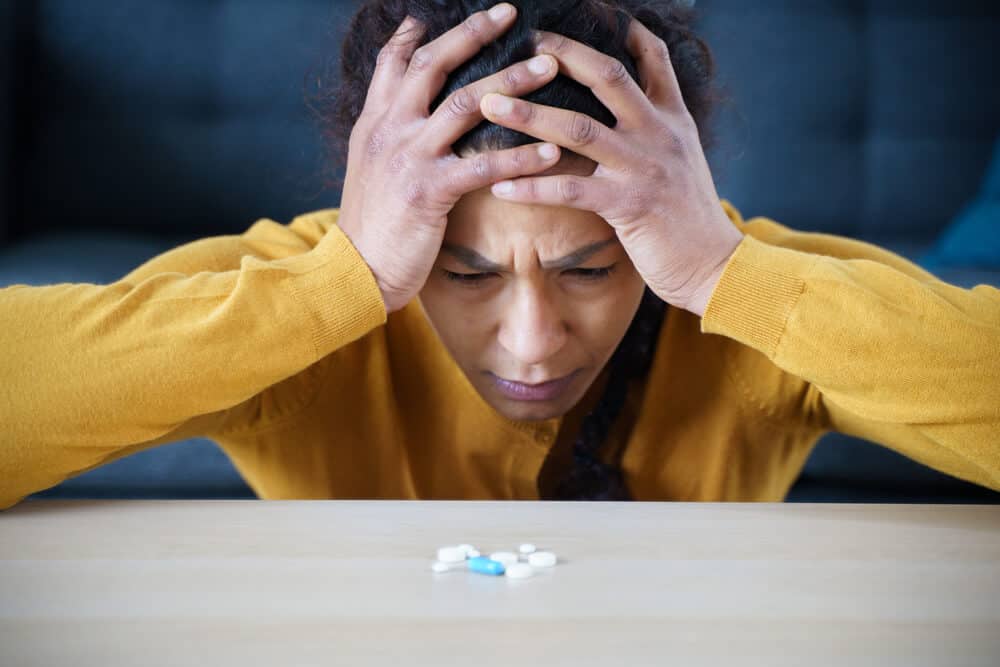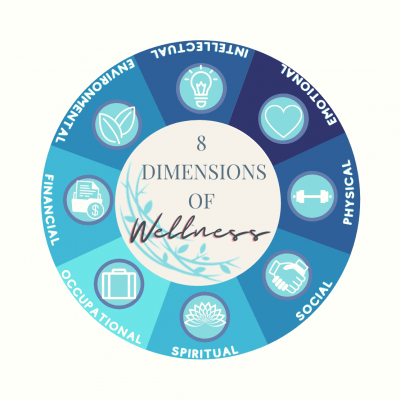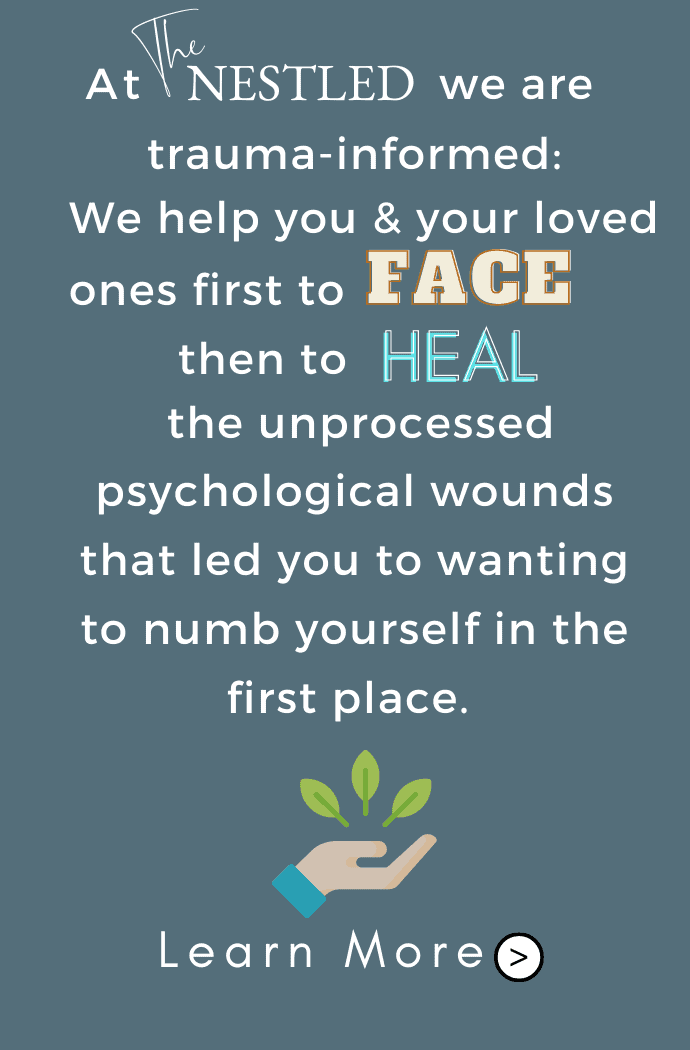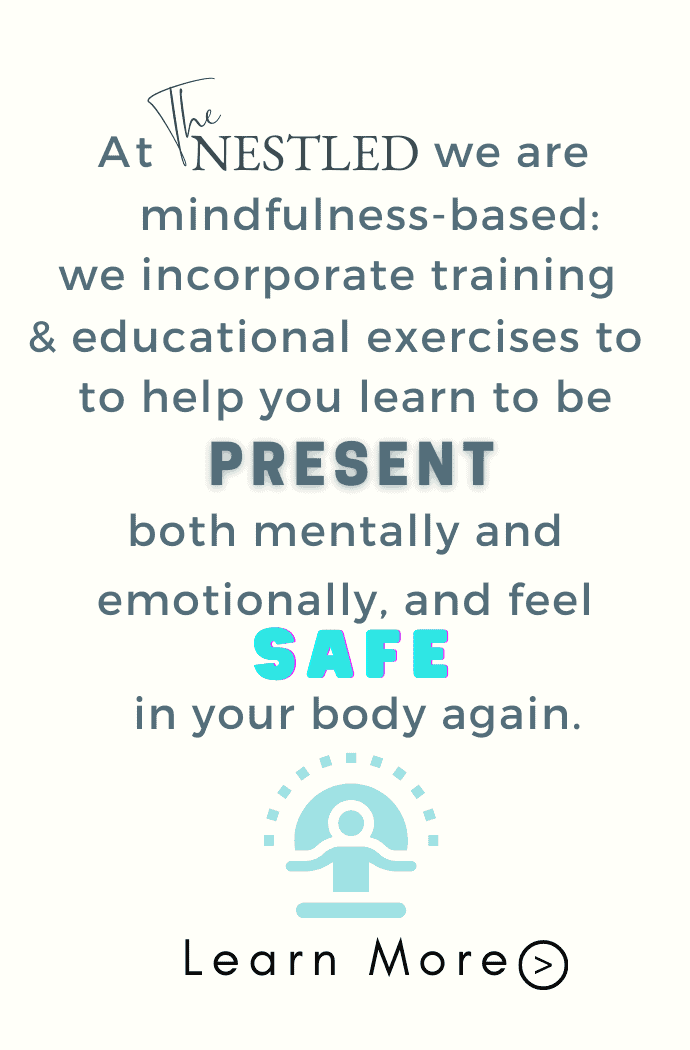Las Vegas Benzodiazepine Addiction Treatment
We’re Here to Provide the Help You Need
 Your or a loved one might have been prescribed a benzodiazepine as part of a treatment plan for anxiety, insomnia, or seizures. This powerful sedative creates a calm, focused feeling that makes it easier to relax. It also produces chemicals in the brain that stimulate feelings of security and euphoria. While a helpful tool for many people, benzodiazepines can have serious consequences when someone abuses them.
Your or a loved one might have been prescribed a benzodiazepine as part of a treatment plan for anxiety, insomnia, or seizures. This powerful sedative creates a calm, focused feeling that makes it easier to relax. It also produces chemicals in the brain that stimulate feelings of security and euphoria. While a helpful tool for many people, benzodiazepines can have serious consequences when someone abuses them.
Benzodiazepine addiction is an issue that thousands of people face. If you or someone you love is abusing this drug, we’re here to tell you that there is help. At The Nestled Recovery Center, you will undergo a comprehensive, holistic drug addiction treatment program designed to address the physical, mental, emotional, and spiritual challenges caused by addiction. Our team is committed to helping you achieve long-term recovery.
What Are Benzodiazepines?
Benzodiazepines, also commonly known as “benzos,” are a class of drugs most commonly prescribed to treat anxiety, though they can also be used to treat conditions like seizures, panic attacks, insomnia, epilepsy and a variety of other mental conditions. Benzodiazepines work by enhancing the effects of gamma-amniobutryic acid (GABA) neurotransmitters in the brain, which works to suppress nerve activity connected with feelings of stress and anxiety and replace them with a calming sensation. While this effect can be useful in the short term, taking benzodiazepines for an extended period of time or in doses larger than prescribed by a doctor can quickly lead to dependency.
Benzodiazepine abuse is a growing problem due to their widespread availability and the pleasurable feelings associated with their use. According to the 2019 National Survey on Drug Use and Health, 4.8 million people over the age of 12 in the United States reported having misused prescription benzodiazepines during the past year.
What Are The Different Types Of Benzodiazepine Prescriptions?
There are many different types of benzodiazepines, the most addictive and commonly abused benzos are:
What Are The Signs of Benzodiazepine Abuse?
Benzodiazepine misuse is not always immediately apparent. In fact, it is not uncommon for a person addicted to benzos to hide their addiction from friends or family during the early stages, only for their struggles to eventually worsen and impact their relationships and responsibilities.
Common physical and behavioral signs associated with benzo abuse include:
- Decreased cognitive function
- Difficulty focusing or concentrating
- Memory loss
- Impaired coordination
- Drowsiness and fatigue
- Slowed reaction times
- Sudden legal or financial problems
- Doctor shopping to acquire multiple prescriptions
- Stealing money or pills from family or friends
- Decreased performance at school or work
What Are Benzodiazepine Withdrawal Symptoms
The chemicals the brain receives from benzodiazepines are signals it can already produce on its own. When someone takes a benzodiazepine more often than what is prescribed, their brain becomes reliant on the drug to make those chemicals and will stop producing them.
You cannot stop taking benzodiazepines cold turkey or the brain will go into a state of shock. If you or someone you love wants to start their recovery, enroll them into a medical detoxification program like the one offered at The Nestled Recovery Center. Our medical professionals monitor patients during withdrawal and help them manage the symptoms.
Symptoms of benzodiazepine withdrawal may include:
- Anxiety
- Depression
- Panic attacks
- Seizures
- Difficulty speaking
- Tremors
- Dizziness
- Nausea and vomiting
- Rapid heart rate
- Tinnitus
- Hallucinations
There are ways to make these symptoms more tolerable. At The Nestled Recovery Center our medical team prescribes tapers such as Ativan or Librium to assist patients in safely waning off benzodiazepines so as to not set the body into shock. In addition, our 24/7 medical team monitors vitals and assess withdrawal symptoms using evidenced-based scales and provide medications as needed to stabilize patients during the detoxification process.
Be sure to check-in to a detoxification facility before you cut yourself off from benzodiazepines.
How Long Does Benzo Detox take?
The length of time it takes to detox from benzodiazepines, such as Ativan, can vary depending on a number of factors, including the individual’s level of dependence on the drug and the specific benzodiazepine they have been using. In general, the detox process can take several weeks to several months. It is important to detox under the supervision of a medical professional to ensure the safety and comfort of the individual during this process.
Creating A Detox And Treatment Plan For Benzo Addiction
After benzodiazepine detox, you or your loved one will need to continue their recovery through therapy, counseling, and support groups. Addiction is often driven by underlying mental health or trauma-related symptoms. Understanding these issues helps patients realize what led them to start abusing their prescribed medication and develop strategies to address these issues in healthier ways. There are different levels of care including detox, rehab, partial hospitalization and outpatient treatment which may be the right fit based on individual needs.
Get Help For Benzodiazepine Dependency
Benzodiazepine addiction recovery is a personal experience. The Nestled Recovery Center is a 10-bed residential facility. We limit our patient occupancy so that we can provide more individualized care to our clients. As a patient, you will work closely with experienced drug rehab professionals who are committed to finding the right approach to treatment for your specific needs.
Contact The Nestled Recovery Center in Las Vegas today for benzodiazepine addiction treatment. You can reach us by phone at (702) 299-6406.







